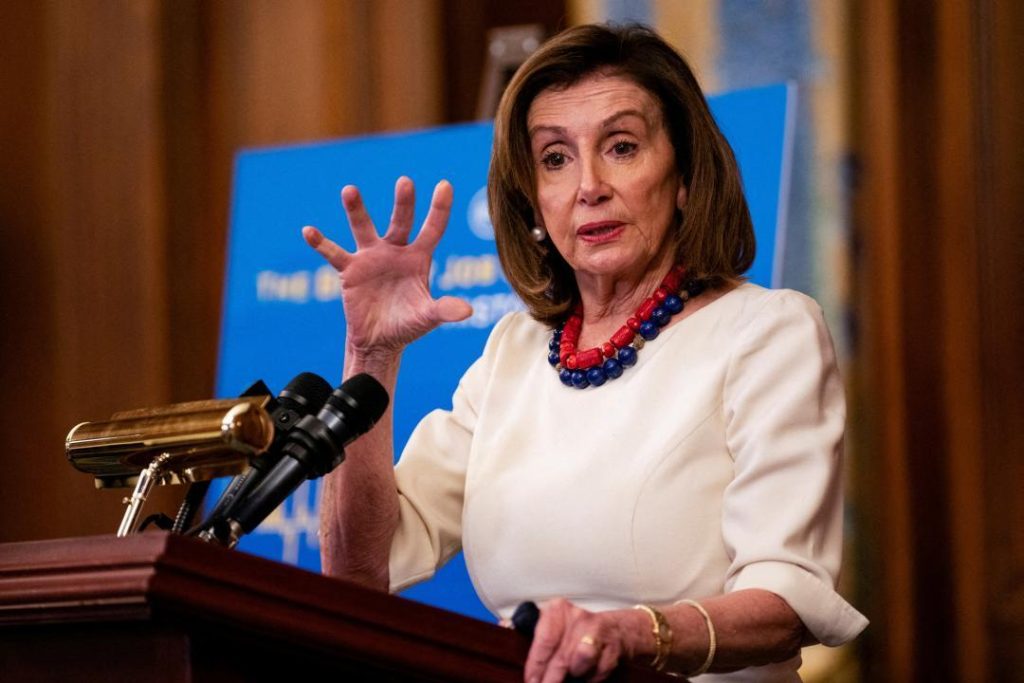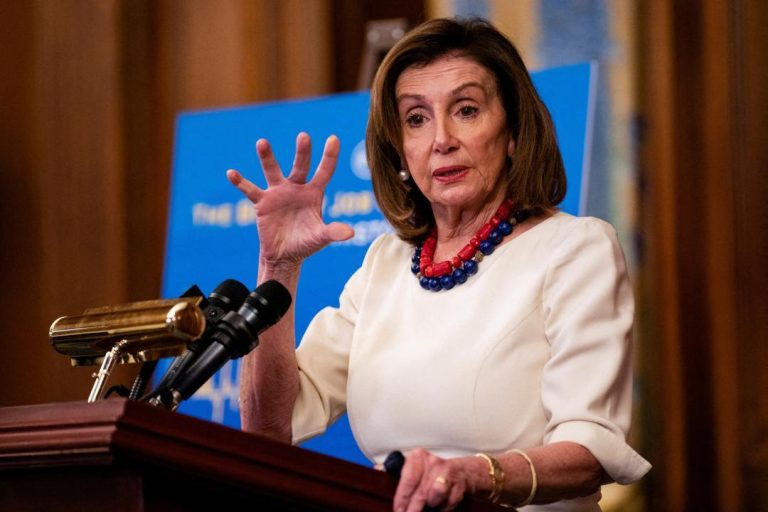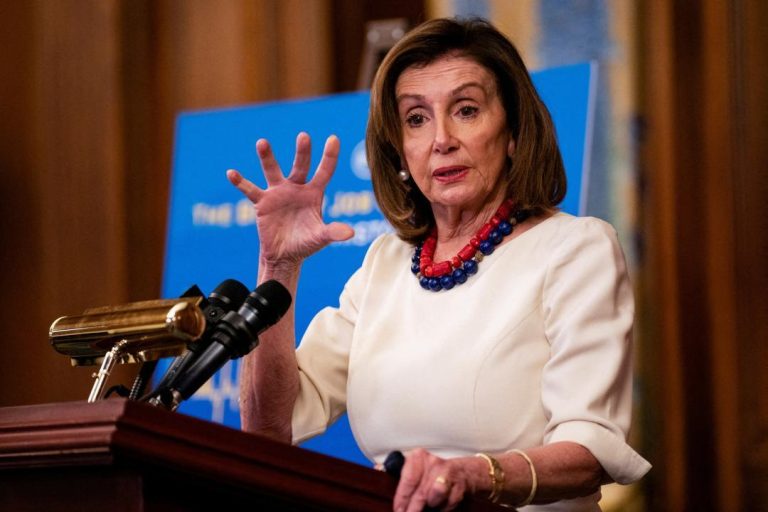
What is the PELOSI Act & why is it named after former US Speaker Nancy Pelosi?
In a move aimed at curbing the influence of money on politics, US Senator Josh Hawley has reintroduced the Preventing Elected Leaders from Owning Securities and Investments (PELOSI) Act. The bill seeks to prohibit lawmakers and their spouses from holding or dealing in stocks while holding office. This means that members of Congress will be barred from owning individual stocks, but will be allowed to invest in mutual funds, exchange-traded funds (ETFs), and Treasury bonds.
The PELOSI Act is named after former US Speaker Nancy Pelosi, who was at the center of a controversy surrounding her husband’s stock portfolio during her term as Speaker. Paul Pelosi, Nancy’s husband, made a significant profit from his investments in technology stocks, including Amazon and Google, which led to accusations of insider trading.
The reintroduction of the PELOSI Act comes at a time when concerns about conflicts of interest and the influence of money on politics are at an all-time high. The bill aims to address these concerns by preventing lawmakers from using their positions to enrich themselves or their families.
The PELOSI Act is not the first attempt to address these issues. In 2012, the Stop Trading on Congressional Knowledge Act (STOCK Act) was passed, which banned lawmakers and their staff from trading on non-public information. However, the STOCK Act has been criticized for having loopholes that allow lawmakers to circumvent its provisions.
The PELOSI Act takes a more comprehensive approach by prohibiting lawmakers and their spouses from holding or dealing in individual stocks. This means that lawmakers will be unable to use their positions to make money from insider information or to profit from their relationships with companies.
Under the PELOSI Act, lawmakers will still be able to invest in mutual funds, ETFs, and Treasury bonds, which are widely considered to be safe and stable investments. This will allow lawmakers to build wealth over time, while also avoiding the conflicts of interest that can arise from owning individual stocks.
The reintroduction of the PELOSI Act has been met with support from some lawmakers and advocacy groups, who see it as a necessary step to restore trust in government. However, others have raised concerns about the bill’s potential impact on lawmakers’ ability to make informed investment decisions.
In a statement, Senator Hawley said that the PELOSI Act is designed to “prevent lawmakers from profiting from their public office” and to “ensure that our democracy is not for sale.” He added that the bill is not intended to prohibit lawmakers from investing in the stock market, but rather to prevent them from using their positions to make money.
The PELOSI Act is currently being considered by the Senate, and its passage is far from guaranteed. However, if it is passed, it could have significant implications for the way lawmakers are able to invest their money and for the way they are perceived by the public.
In conclusion, the PELOSI Act is a bold attempt to address the issue of money’s influence on politics. By prohibiting lawmakers and their spouses from holding or dealing in individual stocks, the bill aims to prevent conflicts of interest and to restore trust in government. While the bill is not perfect, it is an important step towards creating a more transparent and accountable political system.
Source:






